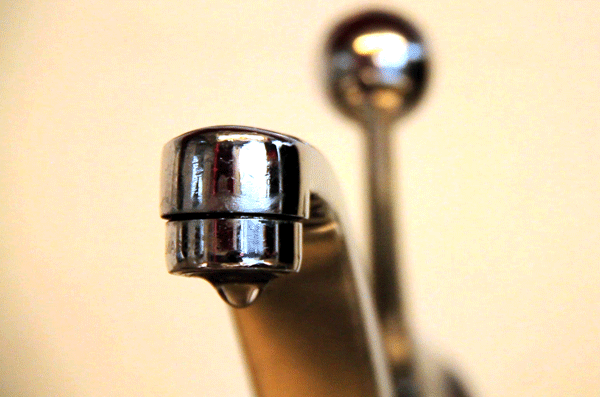
Denver Water says that its own pipes and the city's water sources are free of lead. However, contamination still can sneak in from the pipes that connect buildings to the water mains.
The government doesn't own those lines, didn't build them and doesn't know definitively which ones contain lead, but it's constantly testing the water supply in search of them.
If you suspect lead contamination in your own single-family home in Denver or the suburbs, you can request a test, free of charge.
When to test
- Your home was built before or during the 1950s
- Your home was built between 1982 and 1988 and has copper piping
If you're not sure when your home was built, search for your address on Zillow. If you live in an apartment, you may have better luck with this government website.
You also can check your neighborhood's general lead risk on Vox's searchable map.
What's the danger?
Lead in drinking water typically won't cause problems for healthy adults, but it poses a more pronounced risk to children, according to the Centers for Disease Control.
The contaminant can cause cognitive dysfunction, affecting abstract thought, planning, learning and memory, according to Popular Science. Its effects differ significantly between people.










